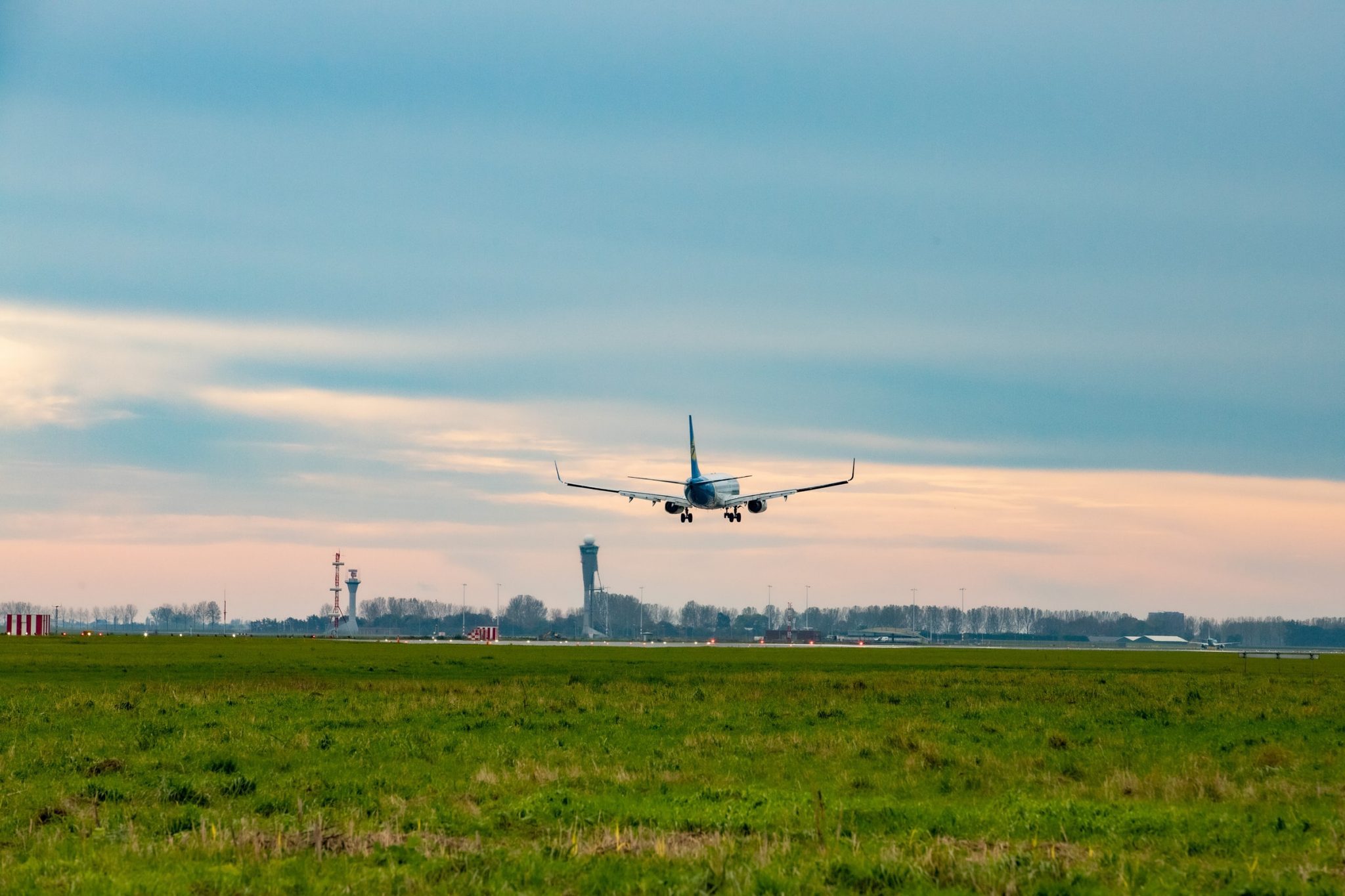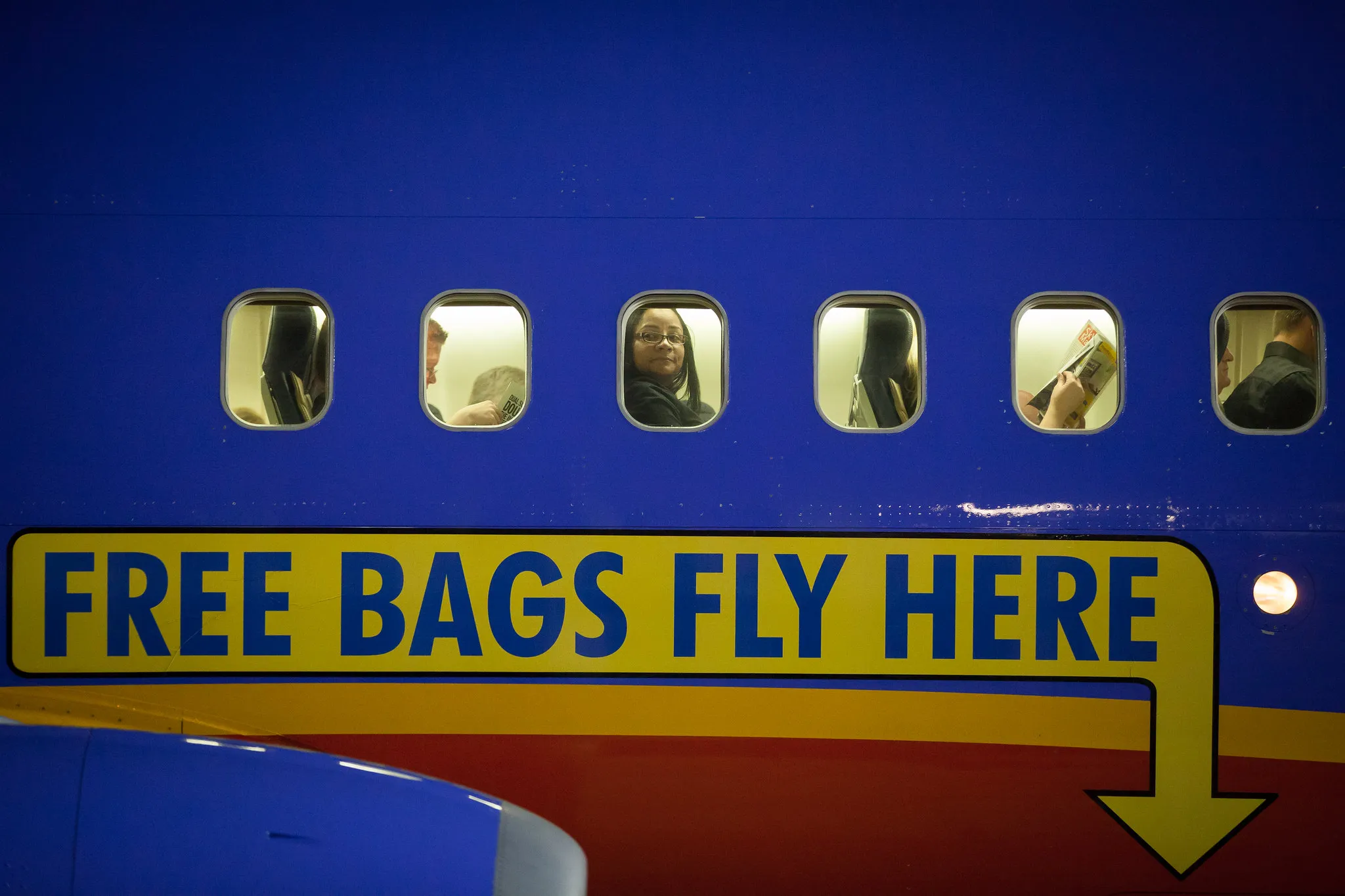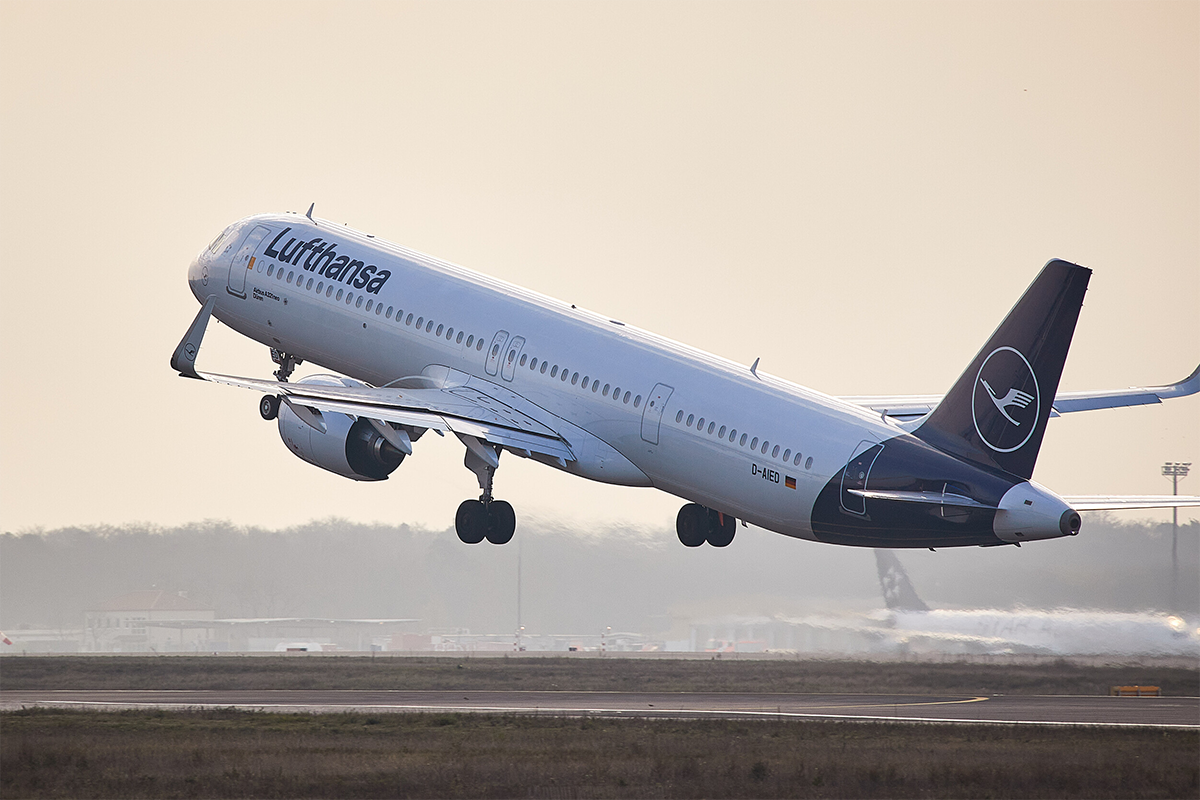Why a Backer of CitizenM Hotels Is Investing in Greener Aviation Fuel Now

Skift Take
Dutch investor APG is investing in sustainable aviation fuel, after striking a 10-year commitment deal with manufacturer SkyNRG.
The investment, announced this week, will help it tackle its own carbon emissions resulting from business travel, but also contributes to the overall development of this type of fuel, which could drive down prices. Airlines and company travel managers have long argued it will be difficult to pass on the costs to passengers, as the fuel is typically three to four times more expensive than kerosene.
APG, which is the asset manager for Netherlands pension provider ABP, has funds placed with The Student Hotel, aparthotel chain City ID and more recently upped its stake CitizenM. It also has private investments in hotels and chains across Brazil and India. Overall its hotel portfolio totals nearly $2.3 billion.
Climate Resilience in Action
The investment is a textbook example of how climate resilience is the new return on investment, and it joins other travel brands including SkyScanner and Etraveli Group as a “Leader”-tier member with SkyNRG, alongside Microsoft and Boston Consulting Group.
APG will be "off-taking" 500 metric tonnes per year, and achieving a yearly carbon dioxide reduction of 1,600 metric tonnes to address its business travel emissions. The greener fuel can reduce carbon dioxide emissions by up to 85 percent.
The asset manager claims it is among the first pension providers to make such a commitment to sustainable aviation fuel in Europe. ”Especially when it comes to our unlisted investments, there are times we need to know the local situation well. In these cases, online or video links can miss essential information, making it vital that we be there physically," said Ronald Wuijster, executive board member at APG. "In the cases that travel is necessary, an investment that contributes to emission reduction on a larger scale — forestry, for example — the decision to take the plane must be a conscious one, accounting for sustainability.”
SkyNRG has supplied 30 airlines with its greener fuel so far, and this latest announcement follows a scientific study into the ineffectiveness of carbon offsetting fees.
Similar aviation fuel schemes announced over the past couple of years include Shell Aviation and American Express Global Business Travel and United Airlines' United Eco-Skies Alliance Program. Lufthansa has made sustainable fuel available to AXA Deutschland, while Alaska Airlines and Microsoft teamed up to reduce carbon emissions on key routes. Neste and Boston Consulting Group have also formed a partnership.
Skift’s in-depth reporting on climate issues is made possible through the financial support of Intrepid Travel. This backing allows Skift to bring you high-quality journalism on one of the most important topics facing our planet today. Intrepid is not involved in any decisions made by Skift’s editorial team.




